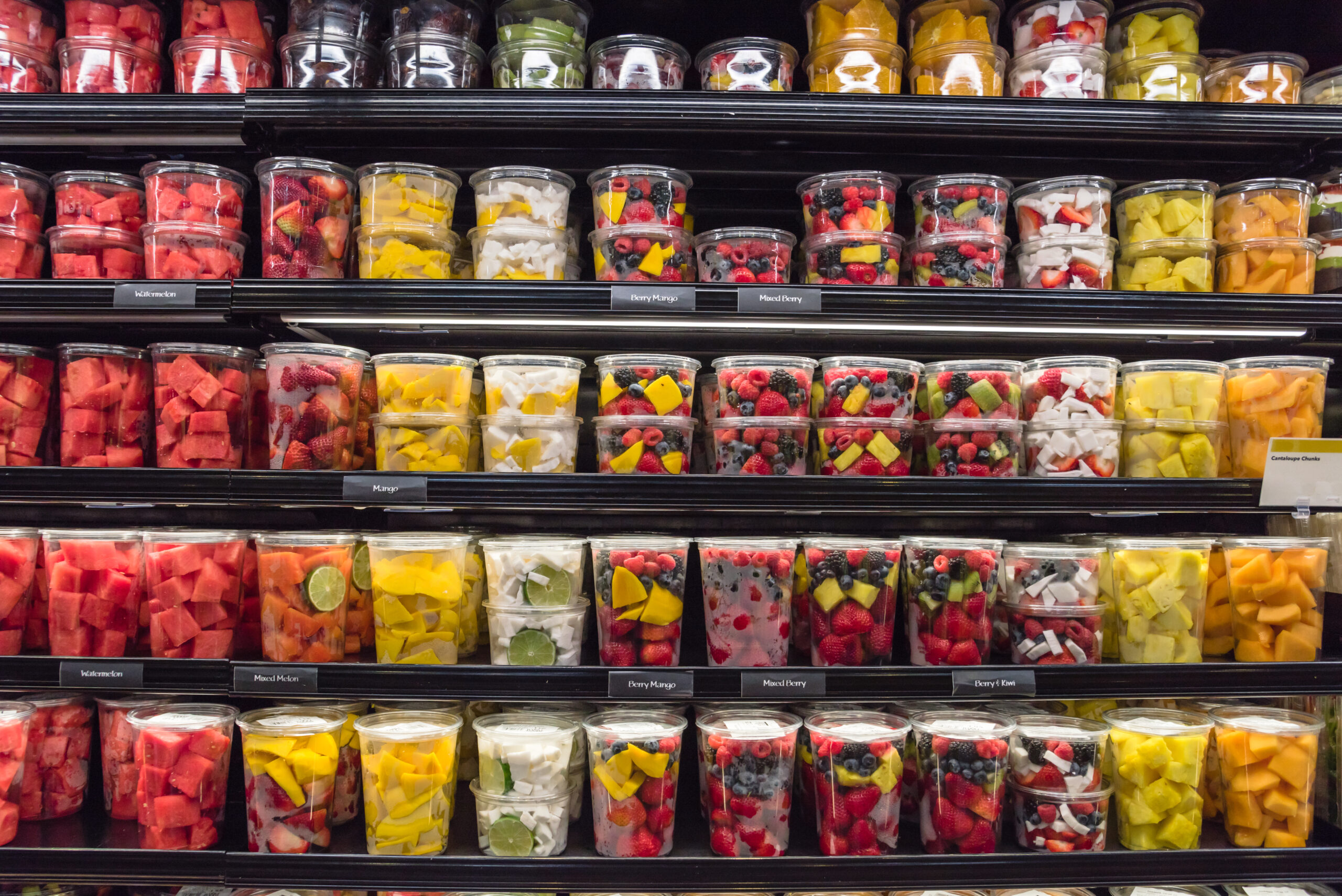By Sureyya Topaloglu, Regulatory Researcher and Regulatory Trends Consultant
Determining if a new product meets food regulations and regulatory requirements is complex and can slow down new product introduction. FoodChain ID’s Regulatory Assessment simplifies complex global regulations across more than 220 countries.
In today’s fast-paced world, convenience often reigns supreme. With hectic schedules and demanding lifestyles, many consumers reach for quick and easy meal options to satisfy their hunger. However, amidst the search for convenience lies a potential hidden health danger ‒ ultra-processed foods. Recent studies show that high intake of ultra-processed food is associated with the risk of more than 30 damaging health conditions. For food and beverage companies, it is important to monitor the scientific literature, regulatory requirements and media landscape to anticipate and respond to issues.
Ultra-processed foods do not follow an official regulatory definition but are often described as products that have undergone extensive processing, with additives such as preservatives, artificial flavors, colors and sweeteners. These foods are typically low in essential nutrients and high in unhealthy ingredients like refined sugars, unhealthy fats and sodium. Although no regulatory requirements exist, ultra processed foods encompass a broad range of ready-to-eat products and meals. Researchers have defined ultra-processed foods as formulations primarily made up of chemically modified substances extracted from foods, with changes to improve taste, texture, appearance, and durability, often with little to no presence of whole foods.
For the first time, the US Dietary Guidelines Committee is evaluating the science regarding ultra processed foods as part of the process to develop new US federal government recommendations. The Committee is looking at the relationship between consumption of dietary patterns with varying amounts of ultra-processed foods and the risk of obesity and weight maintenance. Consumption of ultra-processed foods has been strongly linked to weight gain and obesity, plus other chronic diseases such as heart disease, type 2 diabetes and certain cancers. Ultra processed foods are typically high in calories, unhealthy fats and sugars, which can contribute to excessive calorie intake and weight gain over time.
From another perspective, some food and health experts counter that the broad categorization of ultra processed foods has oversimplified the consumer message. A US Department of Agriculture government researcher noted that the wide definition, even if there is no regulatory requirement currently, can lead to unfairly classifying healthy foods such as canned salmon, yogurt and canned vegetables and fruits as ultra-processed. One scientist commented that the prevailing classification system categorizes foods based on their processing rather than their nutritional content. Nutrition advisors recommend looking for nutrient-dense options and reading labels, particularly focusing on sodium, fat and added sugar content. The healthiest choices allow for minimal processing aimed at preserving freshness and prolonging shelf life while still maintaining a significant portion of their nutritional content.
In conclusion, while consumers seek out ultra-processed foods for convenience and instant gratification, recent research has shown the health risks. Food and beverage companies can communicate healthful options that are minimally processed and nutrient dense. Finally, regulatory and food product development teams should monitor the regulatory requirements to anticipate implications for evolving science.










